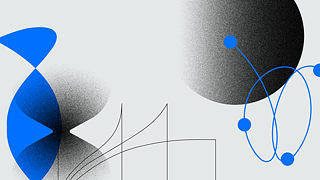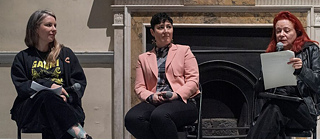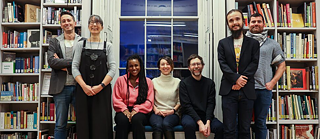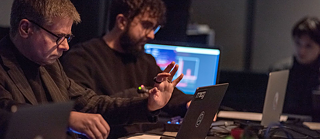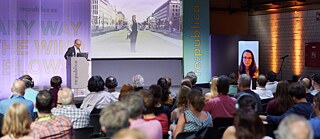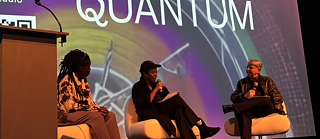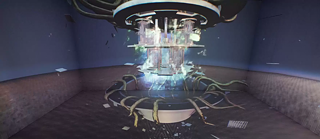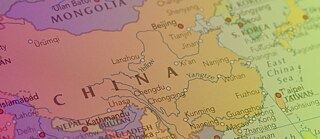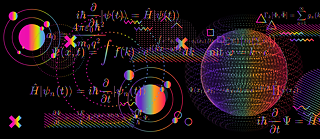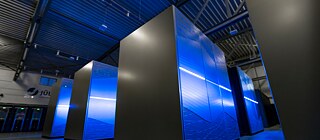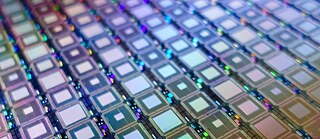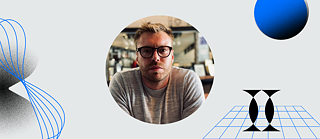Understanding Quantum
VIDEOS
PODCAST
Podcast: How can art help us understand quantum computing?
What exactly is a quantum computer? Have you ever wondered what all the media hype is about or how quantum computing may impact our everyday lives? In this podcast, we talk to quantum expert Emily Haworth, curator Lucy Rose Sollitt and Professor Eduardo Miranda to learn about quantum technologies and the arts.LEARN MORE
RECOMMENDATIONS
GLOSSARY
This glossary was created by Daniel Cavalcanti / Bitflow.studio and commissioned by arebyte for Libby Heaney's The Evolution of Ent-: QX exhibition, 2022. Click on the concepts to read the definitions.

